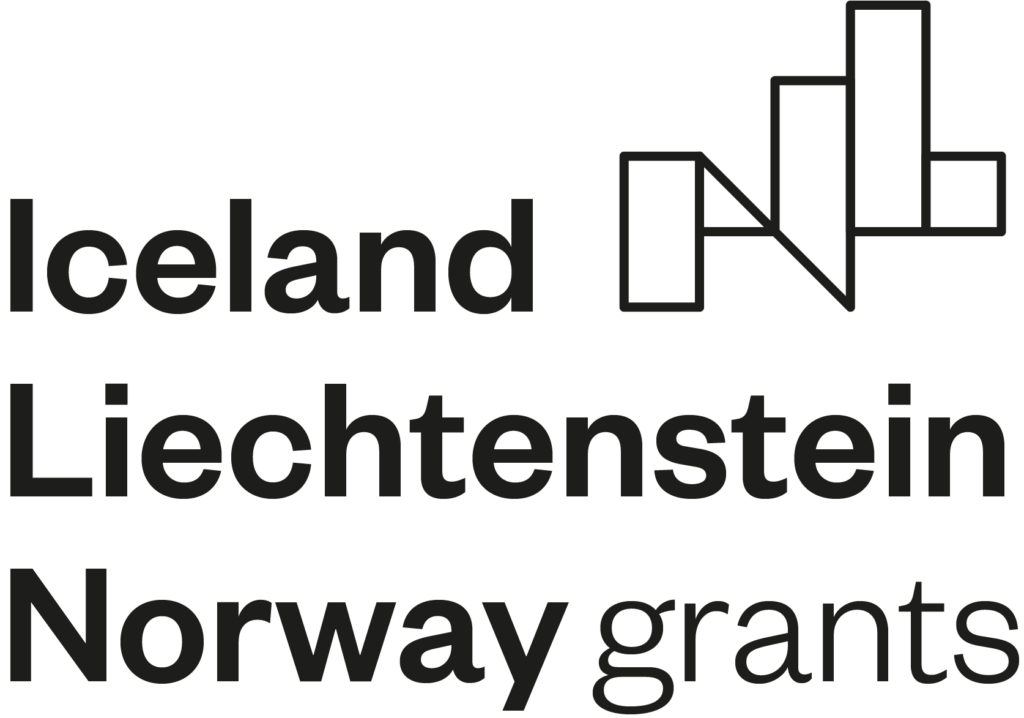PROJECT TITLE
Low-temperature 3D Printing of Bio-Functionalized Ceramic Bone Implants with Adjustable Mechanical Properties
PROJECT CODE
TO01000309
GRANT
EEA Grants and TA CR
Funding: 37 214 887 CZK
About the project:
The aim is to establish close interdisciplinary cooperation between Czech and Icelandic partners for the development of biofunctional polymer-ceramic ink for low-temperature 3D printing of patient-specific bone implants. Our goal is to improve the mechanical, degradable, healing and antibacterial properties of printed implants by modifying ceramic cement with binders based on biodegradable synthetic polymers and bioactive polysaccharides and proteins. The effiency will be verified by implantation of 3D printed parietal bone into rat skull defect.
2021
In 2021, we synthesized the resorbable polymers, combined them with ceramic powder, and prepared a bio-ink suitable for 3D printing at ambient temperature. The mechanical and morphological properties of the final 3D printed bone implants have been optimized, but the antimicrobial effects of the bio-ink need to be improved to prevent possible bone infection. Prepared implants do not damage stem cells and are suitable for studies in animal models in 2022.
2022
In 2022, it was found that 3D-printed samples implanted into defects in rat femurs significantly promoted new bone growth. The samples were further modified with bio-specific proteins to accelerate bone healing and suppress bacterial infection. The protein-modified implants show excellent cellular response with no sign of cytotoxicity and will be implanted in rat skull defects in 2023 to test the efficacy of new printed materials for cranioplasty applications.
2023
The protein-modified implants supported cell growth without signs of cytotoxicity and were implanted in 2023 into defects in rat cranial bones to verify the effectiveness of new 3D printed implants for applications in neurosurgical cranioplasty. Partial results show that the new 3D-printed implant is osteoinductive, allows new bone ingrowth, and is effective against staphylococcal bacteria, which can prevent infection in the treatment of bone defects.
Summary
The project enabled close cooperation between Czech and Icelandic partners in the development of advanced ceramic ink for 3D printing of patient-specific bone replacements. In 2021, we optimized an ink suitable for 3D printing at laboratory temperature and began its evaluation in cell and animal models. In 2022, it was found that 3D printed samples implanted into defects in rat femurs significantly promoted new bone growth. The samples were further modified with bio-specific proteins to promote the healing of bone defects and to suppress bacterial infection. The protein-modified implants supported cell growth without signs of cytotoxicity and were implanted in 2023 into defects in rat cranial bones to verify the effectiveness of new 3D printed implants for applications in neurosurgical cranioplasty. Partial results show that the new 3D-printed implant is osteoinductive, allows new bone ingrowth, and is effective against staphylococcal bacteria, which can prevent infection in the treatment of bone defects. The main project results are described in a filed European patent application, two accepted Utility models and two Functional samples.
Beneficiary and project partners:
Vysoké učení technické v Brně
Genis hf.
IceTec / Tæknisetur ehf.
Univerzita Karlova

The PROFiBONE project benefits from a € 1.5 mil. grant from Iceland, Liechtenstein and Norway through the EEA and Norway Grants and the Technology Agency of the Czech Republic.
The project is carried out under the KAPPA funding programme for applied research, experimental development and innovation, managed by the Technology Agency of the Czech Republic.
